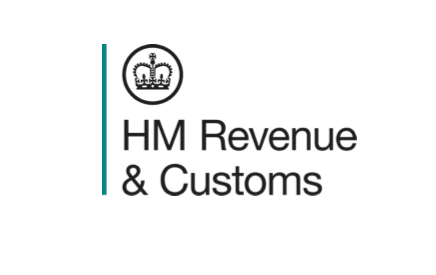Building a robust governance check list, appointing skilled trustees and knowing what employers expect from governance standards hold the key to protecting healthcare trustee boards from HMRC action following an audit.
Presenting a webinar late last week, John Dean, managing director at Halcyon Trustees, (pictured) warned such audits are more likely now than ever. This is because healthcare trustees will be required from tomorrow (1 September) to register with HMRC’s new trustee registration service (TRS) or risk being held personally liable.
Governance checklist
Dean explained the first key consideration for trustees is their governance checklist. This should contain the terms of reference detailing the commercial reason for the trust’s existence, a checklist for HMRC, all the necessary documentation, the trust deed and rules. It should also contain the risk strategy around how the scheme is funded, the correct risk register and ensure contracts trustees have with suppliers are up to date.
According to Dean, it is also important trustees can assess the skillset of their trustee board and areas of strength in areas such as governance, tax, finance and benefits.
And Dean added they should also know what the employer expects in terms of governance standards.
Taking these measures can guard against issues being brought up during mergers, audits or beneficiary legal action.
Dean explained internal audits can uncover situations where the trust’s details and documentations do not follow the required standards or where trustees have not received proper training or where documentation is not correct or signed.
Mergers and acquisitions also present a risk where trustees have to provide all of the scheme’s documentation which can slow down transactions, he added.
There is also the risk of beneficiary legal action where a disgruntled member sues the trustees because they feel a claim they made should be paid and the trustees have not paid it.
Risk from HMRC audit
But Dean warned there is also an increased risk of an HMRC audit.
“That’s probably going to be more likely now than ever because all of you will now be registered as a trust with the government under the trust registration service from 1 September,” Dean said.
“So from 1 September, HMRC are going to know all these trusts out there and may well start looking at some of them.
“So HMRC have come in and are doing an audit and they are looking at benefits in your company. They want to see all the documentation to prove your scheme fits within the five key tests of the HMRC for a healthcare trust.
“So if you don’t pass that, the reputational risk, there’s fines for the employer. There’s possible tax issues for the beneficiaries. And to be frank, if you’re the benefits adviser on this scheme and then HMRC comes in and says it’s not great and there’s fines, that’s pretty career defining for the benefits team.”
